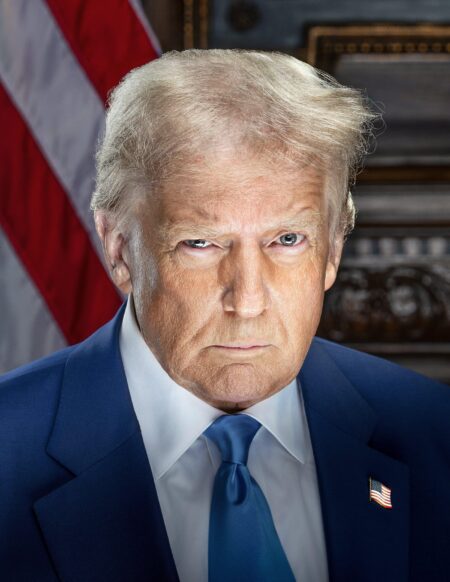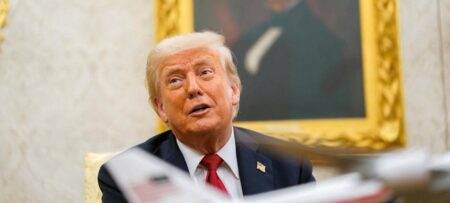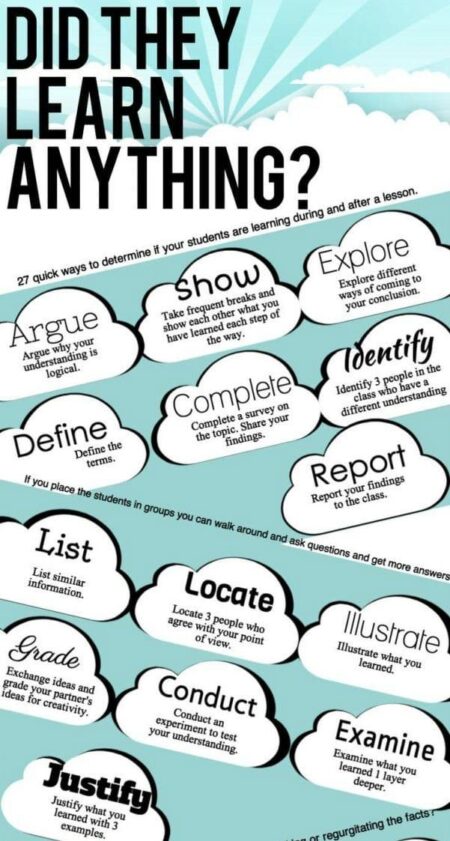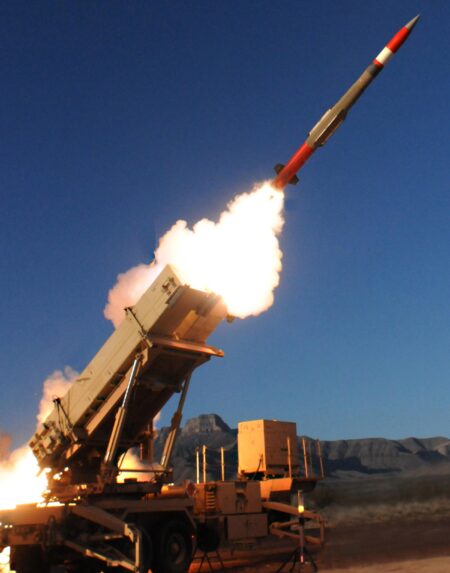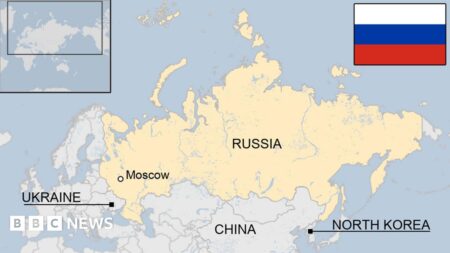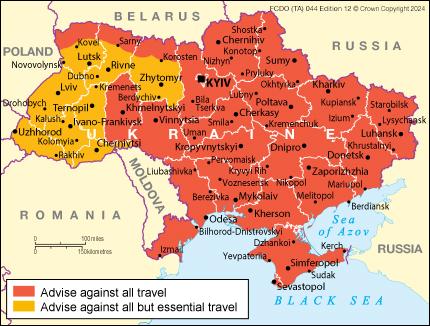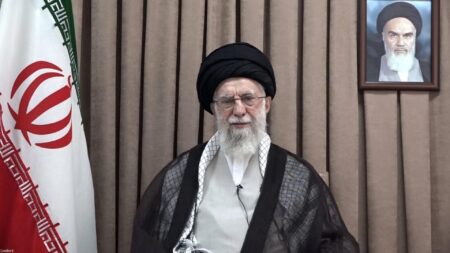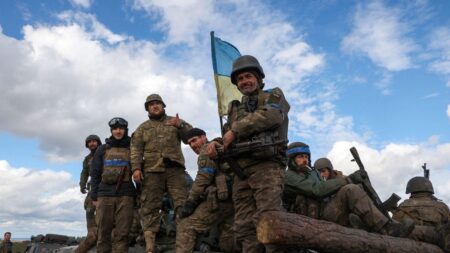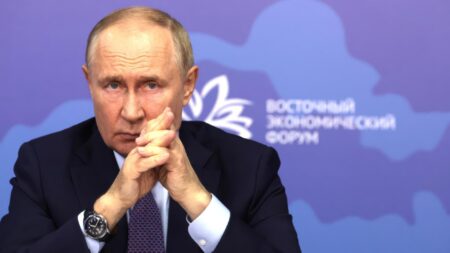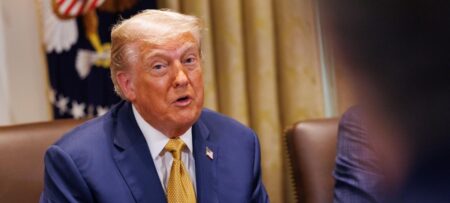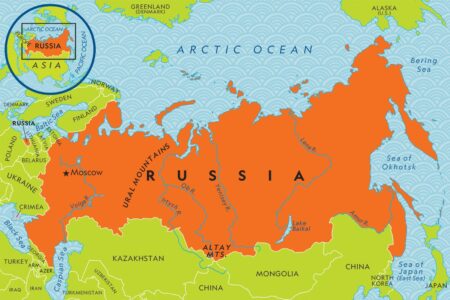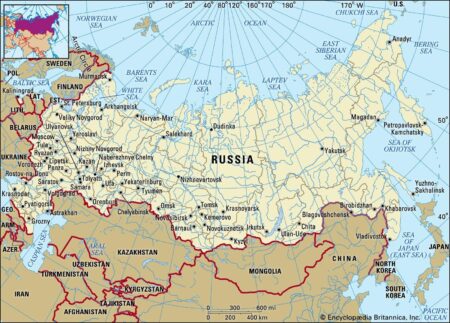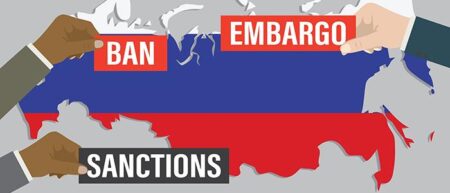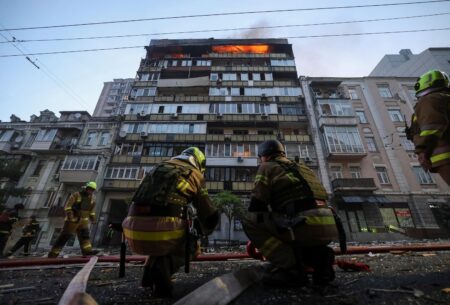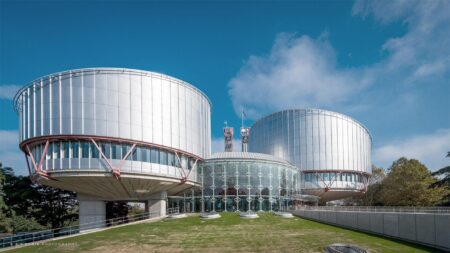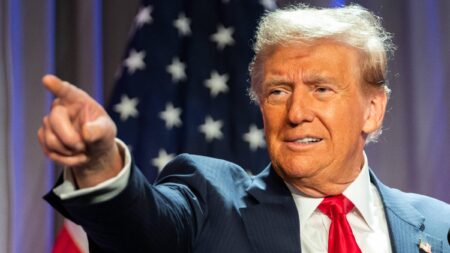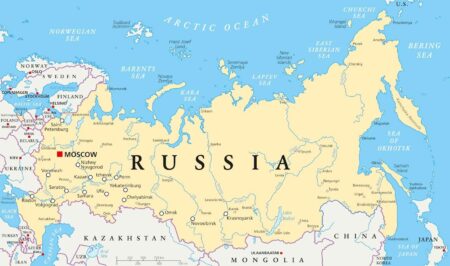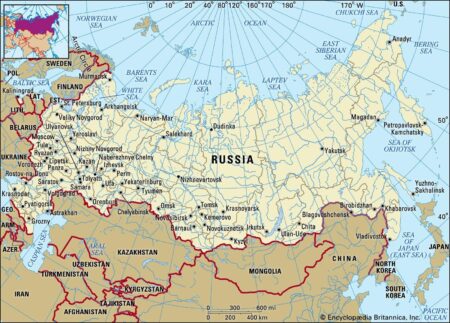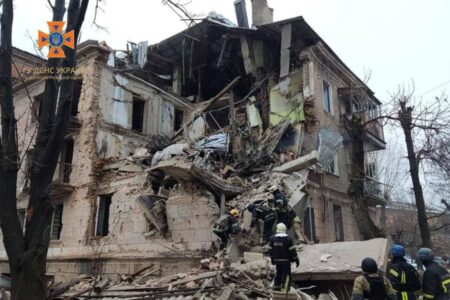Former President Donald Trump has pledged to equip Ukraine with Patriot missile systems, boosting its defenses against Russian attacks, NBC News reports. This bold step marks a significant intensification of U.S. support for Ukraine’s military struggle
Browsing: Russia
Former U.S. President Donald Trump has boldly set a daring 50-day deadline for Russia to reach a deal with Ukraine, urging swift negotiations as the conflict intensifies. This announcement has ignited a surge of varied responses from global leaders
Russia is facing a looming population crisis, with a staggering shortage of 11 million workers projected by 2030. In a recent briefing to President Putin, a minister raised urgent warnings about the severe demographic and economic challenges that the country must confront
Former President Donald Trump has announced that the US will be sending Patriot missile systems to Ukraine, marking a significant escalation in military aid as the conflict with Russia heats up, according to Al Jazeera
Russia’s Foreign Minister Lavrov met with North Korean leader Kim Jong Un, issuing a stark warning to the US about “exploiting” international alliances. This powerful statement highlights rising tensions amid rapidly changing global partnerships
Ukraine has announced it has taken out Russian agents responsible for the assassination of a top Ukrainian intelligence officer, underscoring the escalating shadow war between the two nations, The Washington Post reports
Iran firmly denies any claims that Russia is pressuring it to halt uranium enrichment in a new nuclear deal, stressing that negotiations are moving forward independently and steadily, free from external influence, The Jerusalem Post reports
On day 1,234 of the Russia-Ukraine war, fierce battles rage on amid relentless diplomatic efforts, while humanitarian crises deepen. Explore Al Jazeera’s detailed timeline for the latest frontline updates and vital developments
Russia has delivered a sharp warning to the U.S., South Korea, and Japan over their plans to create a security alliance aimed at North Korea, calling the move dangerously destabilizing. The nation is urging all parties to focus on dialogue and peace efforts, NBC News reports
Rosenberg reveals that Russian President Vladimir Putin remains steadfast in advancing his agenda, completely undeterred by the looming threat of harsher international sanctions. This bold stance underscores Moscow’s fierce defiance amid escalating tensions
President Trump is preparing to make a “major” announcement on Russia this Monday, teasing the potential rollout of new sanctions. This move could signal a pivotal shift in US-Russia relations amid escalating tensions, Bloomberg reports
Russia has delivered a sharp warning to the US, South Korea, and Japan, condemning their plans to form a security alliance aimed at North Korea. Moscow calls these moves provocative and urges all sides to show restraint to maintain peace and stability in the region
As the U.S. considers a rapid military withdrawal from Europe, Russia could seize this chance to expand its influence, escalating regional tensions and putting NATO’s unified security at risk
A Russia sanctions bill is quickly gaining steam as GOP senators work to strengthen the measures while carefully addressing former President Trump’s concerns-highlighting rising bipartisan tensions
Russia launched an unprecedented drone assault on Ukraine mere hours after former President Donald Trump targeted Vladimir Putin, escalating the already tense conflict. The attack struck multiple Ukrainian cities, unleashing widespread chaos and disruption
The European court has issued a groundbreaking ruling, holding Russia responsible for violations in Ukraine and the devastating downing of Flight MH17. This decision represents a powerful stride toward justice amid the ongoing conflict and reinforces global efforts to demand accountability
President Trump and Congress have intensified their sanctions threats against Russia as geopolitical tensions reach new heights. This uncommon bipartisan alliance signals a stronger U.S. resolve in response to Moscow’s recent actions, cranking up the pressure on the Kremlin like never before
Russia’s summer offensive in Ukraine has reached its deadliest and most intense phase yet, unleashing relentless attacks that have resulted in severe casualties. This campaign signals a dramatic escalation as Moscow intensifies its push to cement control over contested territories
Australia has called on Russia to pay reparations for the heartbreaking downing of Malaysia Airlines Flight MH17 in 2014, holding Moscow accountable for the devastating tragedy that took 298 lives, according to Yahoo News
Russia has launched its most massive missile and drone assault since the Ukraine war began, targeting multiple sites across Ukraine, Kyiv officials report. This intense barrage marks a dramatic escalation in the ongoing conflict

